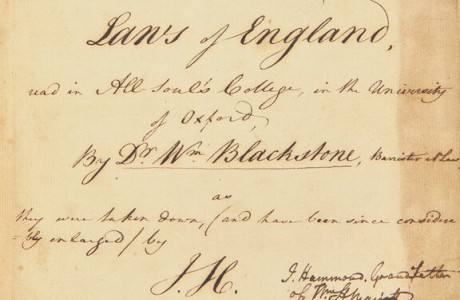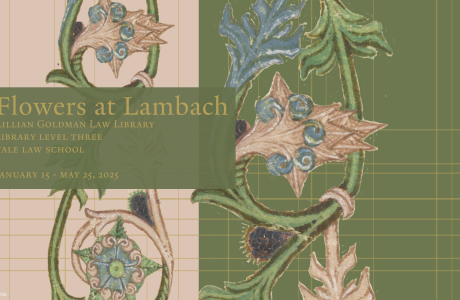Monuments of Imperial Russian Law: Emancipation of the Serfs
 Tomsinov, V. A. Kvestianskaia reforma 1861 goda v Rossii [Peasant Reform of 1861 in Russia]. Moscow: Zertsalo, 2012. Private Collection
Tomsinov, V. A. Kvestianskaia reforma 1861 goda v Rossii [Peasant Reform of 1861 in Russia]. Moscow: Zertsalo, 2012. Private Collection
Sometimes reforms are born in the bowels of revolution, but like as not also in the measured reflections of a leadership committed to change. The emancipation of Russia’s serfs is properly dated to 19 February 1861, when Alexander II issued the necessary documents to fundamentally reshape the legal relationship between landowner and serf that had subsisted for centuries. In the United States analogous legal relationships had led to a devastating Civil War.
The emancipation of Russian serfs opened a series of “Great State Transformations” that during the 1860-70s brought far-reaching changes to the socio-economic and political life of Russia. Out of a population of 67 million persons (1858-59 census), some 23 million were serfs. It was this segment of the population that was liberated and granted civil rights under Russian law. The reforms immediately demonstrated inadequacies in the judicial system, still appointed on the basis of the old system of estates and incapable of adapting to new circumstances without major changes in court organization and procedure. Other reforms would ensue in higher education, land assemblies, urban affairs, and the military.
Preparations for the emancipation of the serfs commenced as early as November 1857, and by January 1858 a Chief Committee of Peasant Affairs had been established together with numerous provincial committees, charged with reporting to the Government on peasant reform. Once the legislation had been prepared, the drafts were submitted to the State Council, which met on fourteen occasions to discuss them. Finally, on 19 February 1861 the Emperor signed and issued eighteen manifestos, edicts, statutes and rules to introduce and give effect to the emancipation.
The book shown here contains the principal preparatory enactments adopted from 1857 to 1860 and all of the enactments of 19 February 1861. The editor relates the volume to the contemporary issues confronting Russia: “Russia stands at present, as it did 150 years ago, on the edge of an era of Great Reforms” (p. xiv). Twenty years after emancipating the serfs, Emperor Alexander II remarked to his Minister of Finances, A.A. Abaze, on 20 February 1881: “Of all that I have been able to do, I consider the peasant reform the most important achievement of my entire reign”.
See: Alan P. Pollard (ed. & transl.), The Laws of February 18-19, 1861 on the Emancipation of the Russian Peasants (2008).
“Monuments of Imperial Russian Law,” curated by William E. Butler and Mike Widener, is on display Mar. 1 – May 25, 2012, in the Rare Book Exhibition Gallery, Level L2, Lillian Goldman Law Library, Yale Law School.


